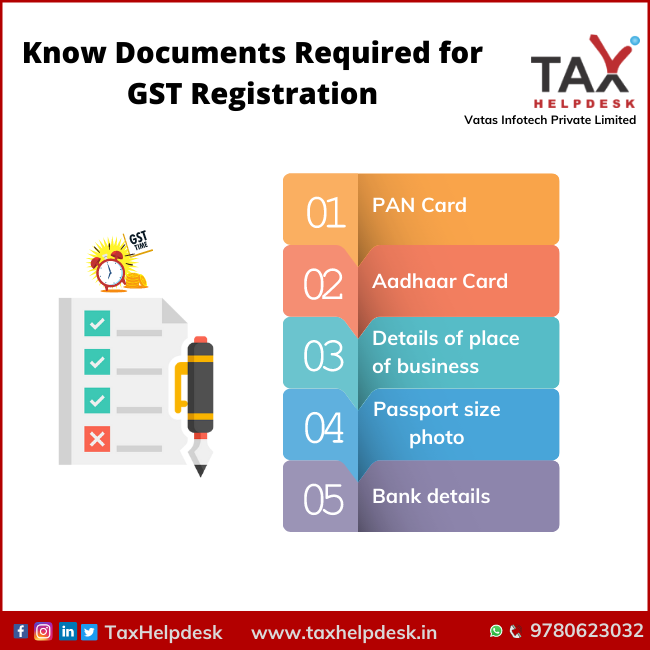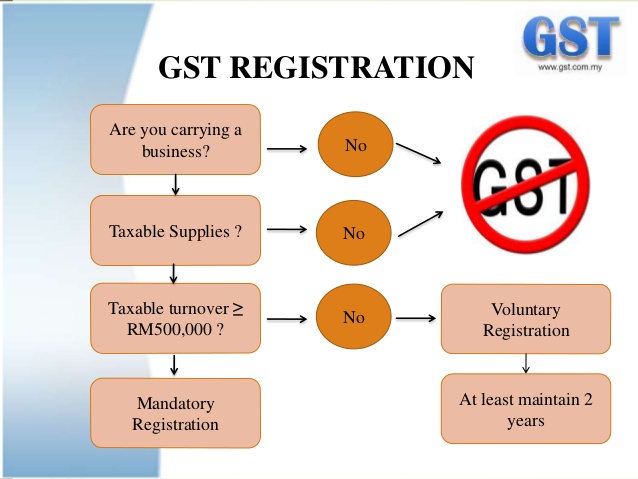From Begin to Finish: The Ultimate Roadmap to GST Enrollment for Services Seeking Financial Security
Navigating the intricacies of Item and Solutions Tax (GST) registration is a vital step for businesses pursuing monetary stability. From comprehending the basic concepts of GST to following post-registration standards, the procedure can appear intimidating in the beginning glance. Nonetheless, breaking down the roadmap into manageable actions can enhance the enrollment trip for services aiming to boost their monetary standing. Allow's discover the essential components that make up this utmost roadmap and uncover just how each phase adds to laying a strong structure for monetary success.
Recognizing GST Essentials
Looking into the basic concepts of Product and Services Tax (GST) is essential for acquiring an extensive understanding of its implications on organizations and the economy. GST is a value-added tax obligation imposed on many items and solutions for residential consumption. It has actually changed several indirect taxes that existed in the pre-GST era, streamlining the tax obligation structure and boosting simplicity of doing company in India. Under the GST system, both services and goods are taxed at a certain price, which is figured out based upon their category. Businesses are required to register for GST if their annual turnover goes beyond the threshold restriction established by the government. Input Tax Debt (ITC) is a significant feature of GST, enabling businesses to assert debt for tax obligations paid on inputs, decreasing the total tax burden. Recognizing the fundamentals of GST is critical for companies to abide by tax regulations, manage their funds efficiently, and contribute to the country's economic growth by getting involved in a clear tax system.
Eligibility Requirements for Enrollment
As of the existing policies, the threshold restriction for GST registration is an annual aggregate turn over of 40 lakhs for organizations running within a state, except for special group states where the restriction is 20 lakhs. Furthermore, particular companies are called for to sign up for GST irrespective of their turn over, such as interstate providers, laid-back taxed persons, and companies liable to pay tax under the reverse fee mechanism. It is critical for companies to extensively assess their turn over and deal kinds to determine their GST registration responsibilities accurately.
Records Required for Registration
Having actually met the qualification criteria for GST registration, companies must now guarantee they have the visit the website requisite papers in place to continue with the enrollment procedure successfully. The papers required for GST registration usually include evidence of organization constitution, such as collaboration action, registration certificate, or consolidation certificate for various types of businesses. Furthermore, businesses require to offer records establishing the primary location of company, such as a rental agreement or power bill.
Step-by-Step Enrollment Refine
Next, all needed papers based on the list offered by the GST portal requirement to be posted. These records usually include evidence of service enrollment, identity and address evidence of promoters, economic statements, and business entity's frying pan card.

Post-Registration Conformity Standards

Final Thought
In final thought, businesses looking for monetary stability must comprehend the essentials of GST, fulfill eligibility requirements, collect required records, adhere to the step-by-step registration procedure, and abide with post-registration standards - Best GST registration services in Singapore. By adhering to these actions, companies can make certain compliance with tax policies and maintain financial stability in the long run
Furthermore, certain organizations are needed to register for GST regardless of their Homepage turn over, such as interstate distributors, laid-back taxed persons, and businesses liable to pay tax obligation under the reverse fee mechanism.Having actually met the qualification standards for GST registration, businesses must currently guarantee they have the requisite papers in place to proceed with the enrollment process successfully. The papers required for GST registration usually include evidence of service constitution, such as collaboration deed, registration certificate, or unification certificate for various types of organizations. Furthermore, businesses need to provide files developing the principal location of business, such as a rental contract or power costs.Beginning the GST enrollment process involves a series of organized actions to make sure a smooth and compliant enrollment for services.
Comments on “Comprehensive Guide to the Best GST Registration Services in Singapore”